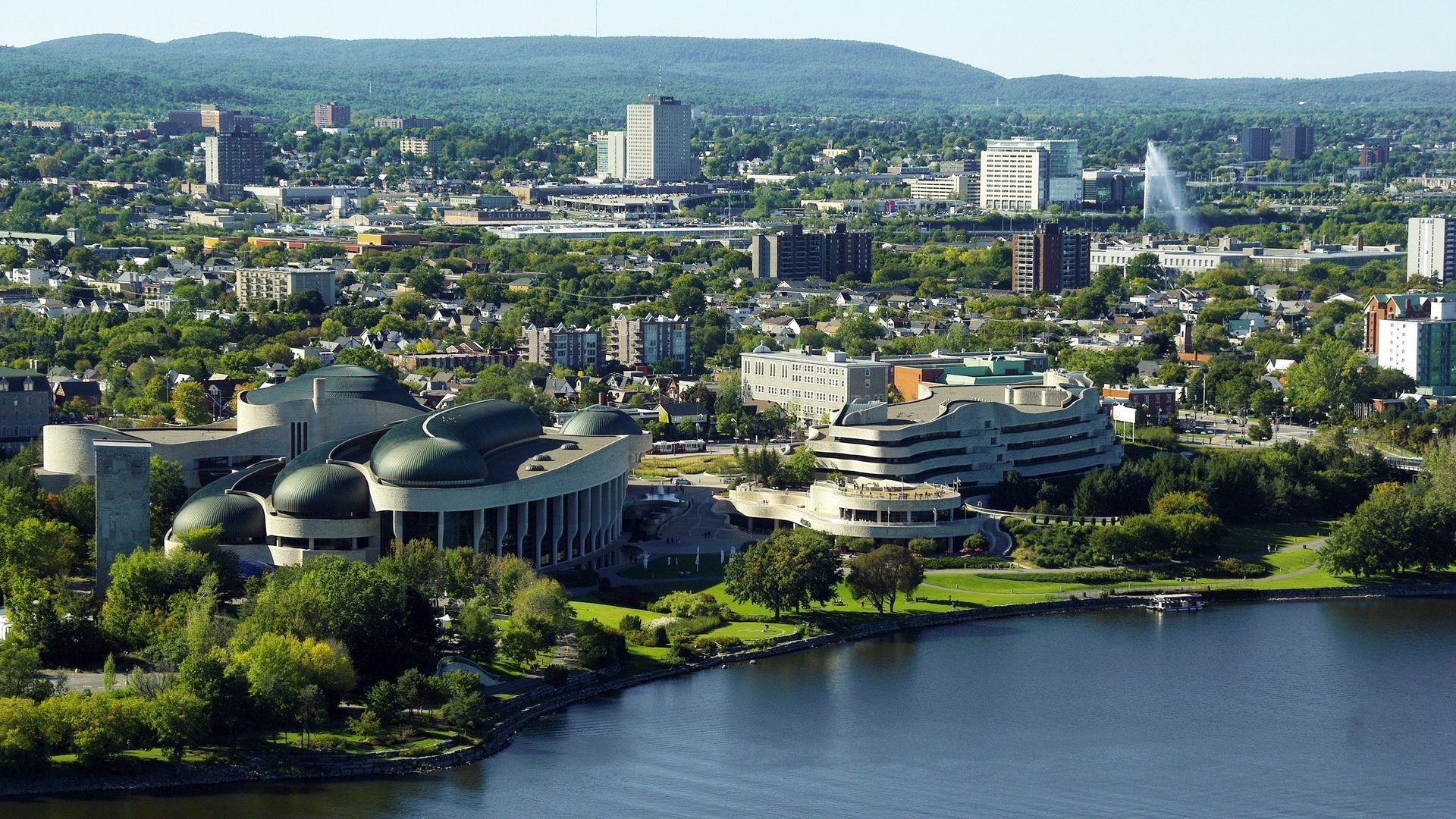With over 250,000 international students spread across the country, Canada offers a wide range of opportunities in academics and lifestyle alike. Nestled in North America, the country is known to establish great living and professional possibilities. A multicultural country with an open heart for all schools of thought, Canada is a dual language country with French and English. The cold region wildlife is also a point of attraction for many, with many nature based activities and phenomena, such as camping to view the Northern lights.
Canada has ranked in the top 20 countries for the Quality of Life Index in the past few years. With a vibrant wildlife to match and a chill for those favoring cooler weather, Canada is a hotspot for budding young professionals seeking advancement in both higher studies and their careers.
Your realm of opportunity as a student extends far and wide in vocational and technical training, diplomas and degrees in multiple different fields ranging from scientific to marketing industries.
Canadians pride themselves on being expertly trained educators focusing on the best teaching practices, bringing a variety of teaching styles and perspectives to the classroom. Notably, Canada is known to have 11 of the world’s 250 most renowned universities under its belt.
Whichever field you choose as an international student shall be led by the leading experts in the given field.
Welcoming Culture
Canadian culture embraces a wide array of cultures, welcoming international students with open arms and an abundance of opportunities, making it one of the safest and most desirable places of study for international students.
Work While You Study
You won’t be tied down to just your academics when you arrive in canada as an international student. You may use your time off to pursue work opportunities while you study, helping you get a jump on your career!
Guaranteed Career Prospects
Research in recent years has established that graduates of the canadian education system develop strong earning potential. In the last decade alone, Canada employed 1.6 million graduates and that number continues to increase as more local and international students make their mark during and after their graduate degrees.
Affordability
Academic tuition in Canada is significantly more affordable in comparison to other high ranking academic countries. Furthermore, a range of scholarships are available for international students to further reduce their education related expenses. Even living and housing arrangements according to your budget may be found given the diverse range of options available to international students.
Peace and Safety
Canada has been marked as one of the safest countries of the developing world, making it the perfect ground for the growth of international students. In terms of quality of living, you’ll be afforded the same opportunities and facilities as the locals. Some of the most noticeable perks are world renowned healthcare and educational practices.
Immigration Opportunities
Graduate studies afford international students many opportunities, through which they learn culture, living and many other aspects of canadian living. Often, international students embark on the immigration path after their education is complete to further establish their roots and grow a prosperous life.
Tuition Fees & Scholarships
International study can be costly, but in comparison to countries like the UK and USA, academics are much more affordable in Canada given that lower tuition rates are afforded to the international students. However, every university has a different set of tuition policies, so you should look into the individual policies of the universities which you are applying to.
| Average undergraduate degree cost | CAD$7,000 to CAD$29,000/year |
| Average postgraduate degree cost | Up to CAD$42,000/year |
However, studies in the field of humanities, arts and education are cheaper but studies in the natural sciences like medicine and engineering are significantly more expensive.
Scholarships
You may apply for academic scholarships, but some Canadian universities award international students with scholarships for excellence in academic performance, so keep an eye out for what sort of awards and scholarships are provided by your chosen university.
Teaching and Learning Style
As well as Canadian universities being devoted to research and high-quality teaching, they also aim to provide opportunities that improve students’ learning, career and life. Classes at university are a combination of lectures and tutorials. Lectures are taught by professors and can contain anywhere between 30 to 200 students. They usually have a linked component such as a lab or a tutorial.
A tutorial or lab allows a more in-depth discussion of topics within a course. The sizes of tutorials generally range anywhere from 20 to 30 students.
Academic Year
Most academic institutions offer classes from September (fall) until late April/ early May (spring). A Christmas/ New Year’s break is given between semesters in December-January.
Summer studies are offered to students during the summer months from May to August.
| Undergraduate degrees | 3-4 years of study |
| Post graduate degrees | 1-2 years of study (excluding PhD degrees) |
Depending on the university, undergraduate degrees can take either three or four years to complete. Depending on the type of degree, postgraduate degrees take between one and two years to complete. Master’s programs generally take between one to two years and PhD programs are longer than in other countries. They usually take between four and seven years to complete.



